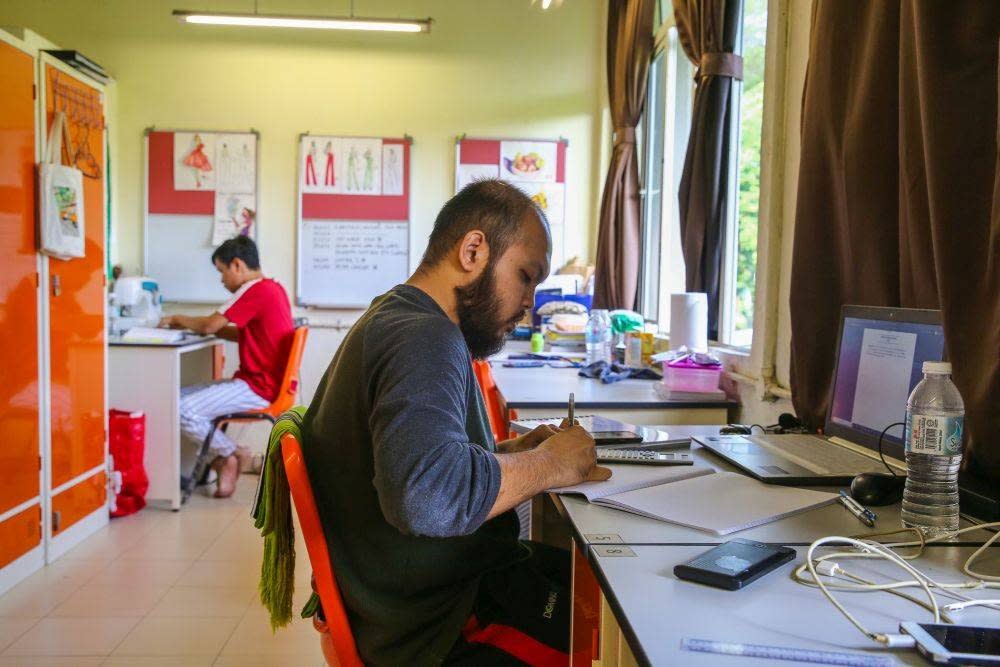 Malay Mail
Malay MailOur universities are not free workplace training centres

JANUARY 11 — If you were to ask me what essential skill needed to be taught, I would say: how to Google.
Something that seems so simple on the surface — “Google it” — is actually a lot more complex.
Search engines are not magic internet things that will deliver exactly what you need.
They are tools and all tools need practise and knowledge about how they work.
What is insidious about search engines, Google especially, is how they are not without bias as they were made by humans who are inherently unable to be unbiased.
Take for instance, vaccines.
Antivaxxers will search for what appeals to their bias while vaccine proponents will search for the same.
They both think they are looking up the same thing when in reality what they are looking for is proof to back up their opinions.
It seems funny looking back now that my decision to make my honours thesis about search engines would turn out to be incredibly useful.
What I learned about how they work and how to use them efficiently wasn’t taught to me.
I figured it out by, yes, Googling though I also relied on other search engines that are now defunct such as Altavista and Yahoo.
Being able to spend hours in computer labs doing my own research was invaluable as was the freedom to seek out knowledge from on-campus resources.
Lectures, however, I did not find quite as useful as Malaysian public universities differ little from our public schools.
There is no participation, just someone droning in front while students either take notes or pretend to pay attention. I was the student who was openly napping instead.
Yet politicians and the likes of the Malaysian Employers Federation (MEF) think our universities should not be places where students can dedicate themselves to exploring academia.
If it were up to them, our universities would be churning out obedient working drones all ready to be slotted into designated jobs.
The reality is that many so-called workplace skills can only really be learned on the job. Calling clients, canvassing prospects, working on projects and figuring out proprietary systems — you do not teach that at school.
Certain things are better taught in secondary school. It would make more sense to teach things such as interviewing skills, resume writing and cover letters then.

The columnist opined that universities need to be places where youth will have time to pause and dream of a life more fulfilling than getting a 9-5 desk job, a car loan and a mortgage. — Picture by Yusof Mat Isa
I found when I was in university most of my course mates were so petrified of speaking in public that I could easily recruit group mates by both doing the project work and presentations.
Fear of public speaking is something many adults struggle with still — so why not teach youngsters to cope or be better at expressing themselves while they’re still young?
It’s also troubling that despite years of compulsory English classes employers still complain that graduates have poor language skills.
We also have to deal with the overemphasis on religious teaching. I am sorry but we cannot pray our way into innovating or managing our country as PAS has proven.
“Ah well, it’s fate/God’s will,” they say and each year nothing changes. Not the water, not the floods, not the apathy.
That fatalism is a cancer that is rotting not just our young but Malaysians across all age groups.
This sense of powerlessness is fatal to a developing country. Do we want to backslide the way Iran and Afghanistan have done, visibly, disempowering women and youth, insisting only on overly harsh interpretations of religious teachings?
In Afghanistan it is hard to have dreams when you do not know if you will have food tomorrow or if you will survive the winter.
What our universities need to be are places where youth will have time to pause and dream of a life more fulfilling than getting a 9-5 desk job, a car loan and a mortgage.
And if we fail them, to the point they find those dreams unattainable and instead decide to give up on living to obsess about the afterlife there can be no future for them nor this country.
Dream bigger, Malaysians. Think bigger, politicians. For it is not in the stars or in holy books or the cards that our future is written but in our minds and we must remember that before we fall to either the Dark Ages or climate disaster.
* This is the personal opinion of the columnist.


